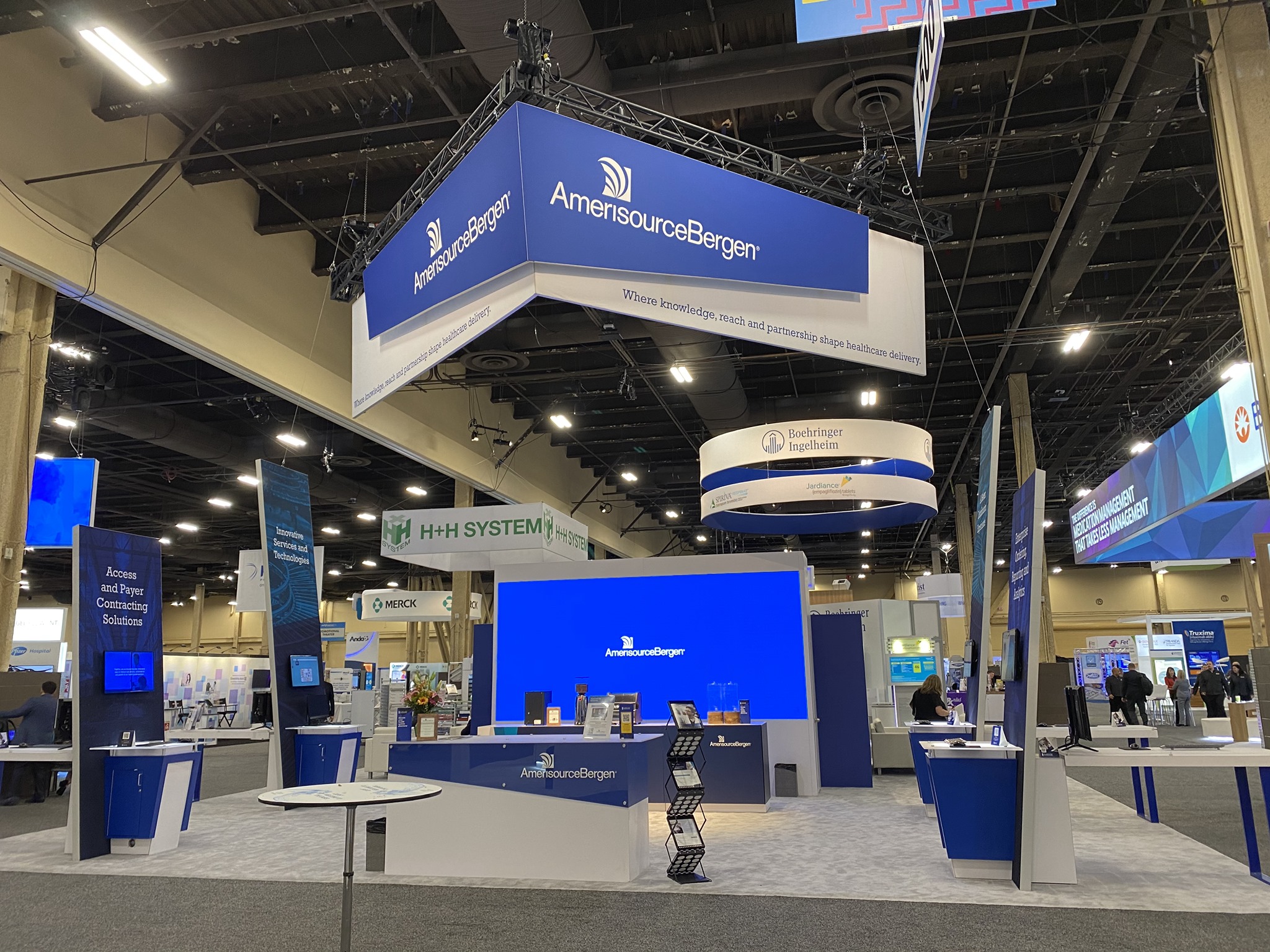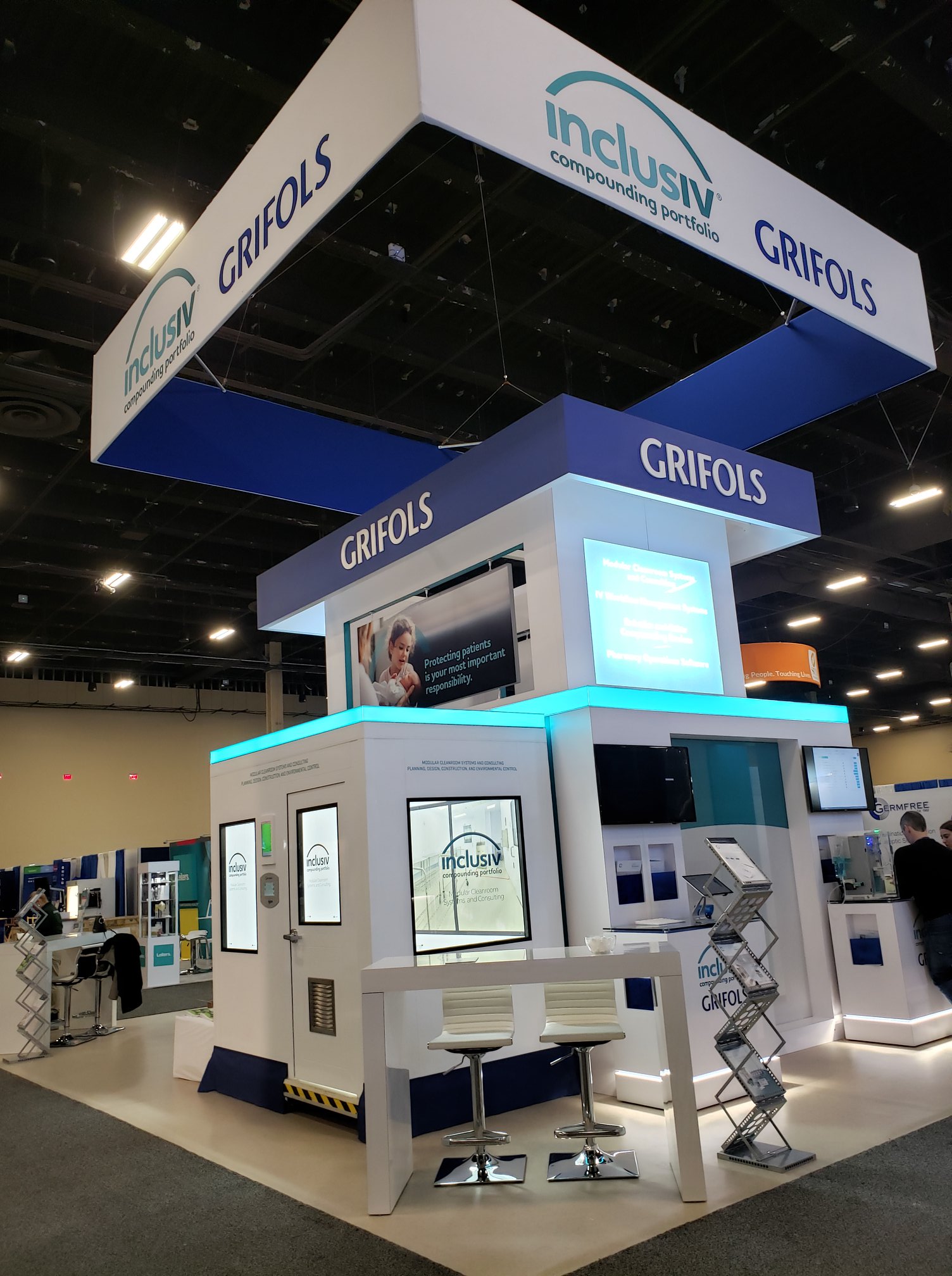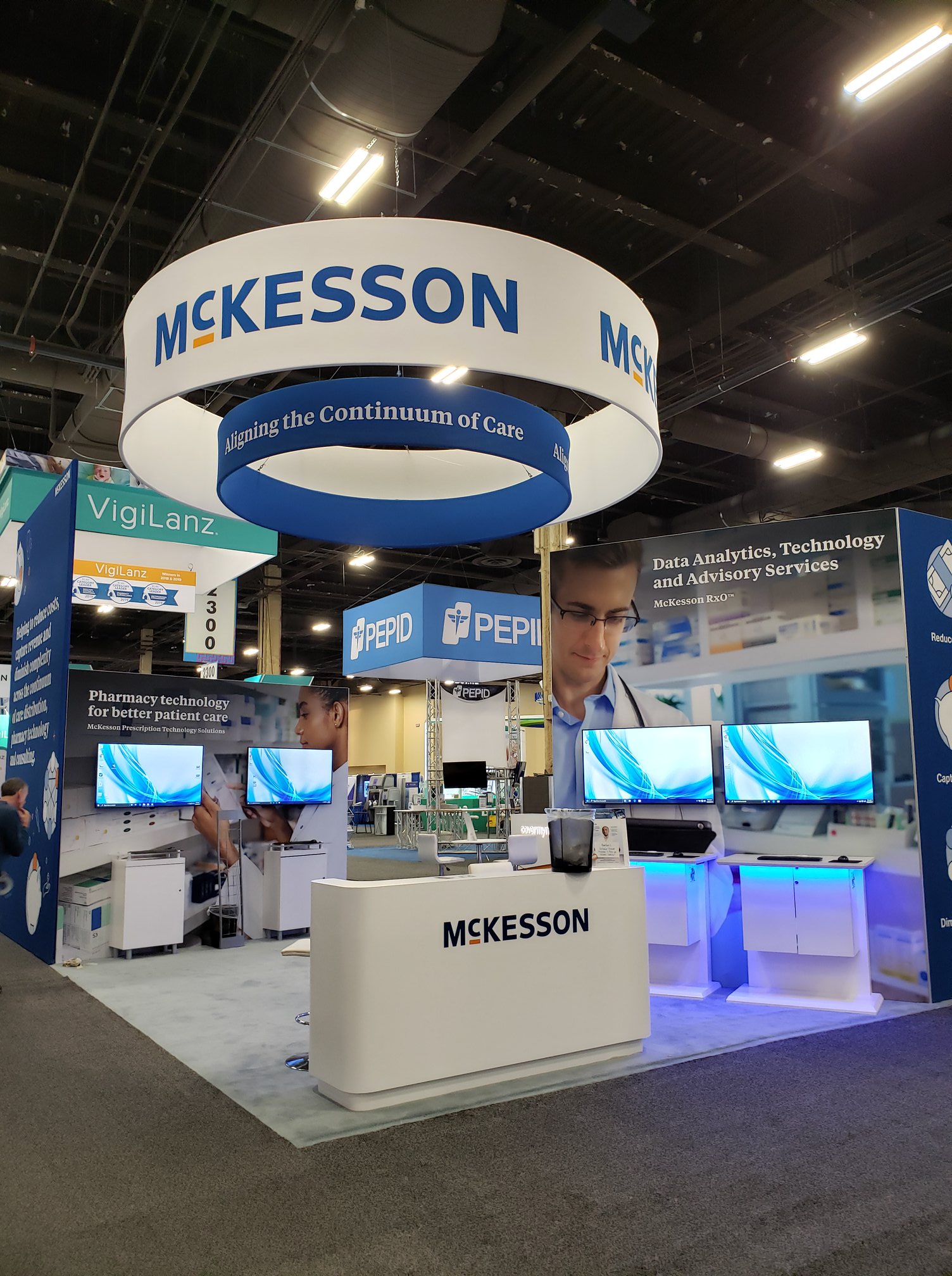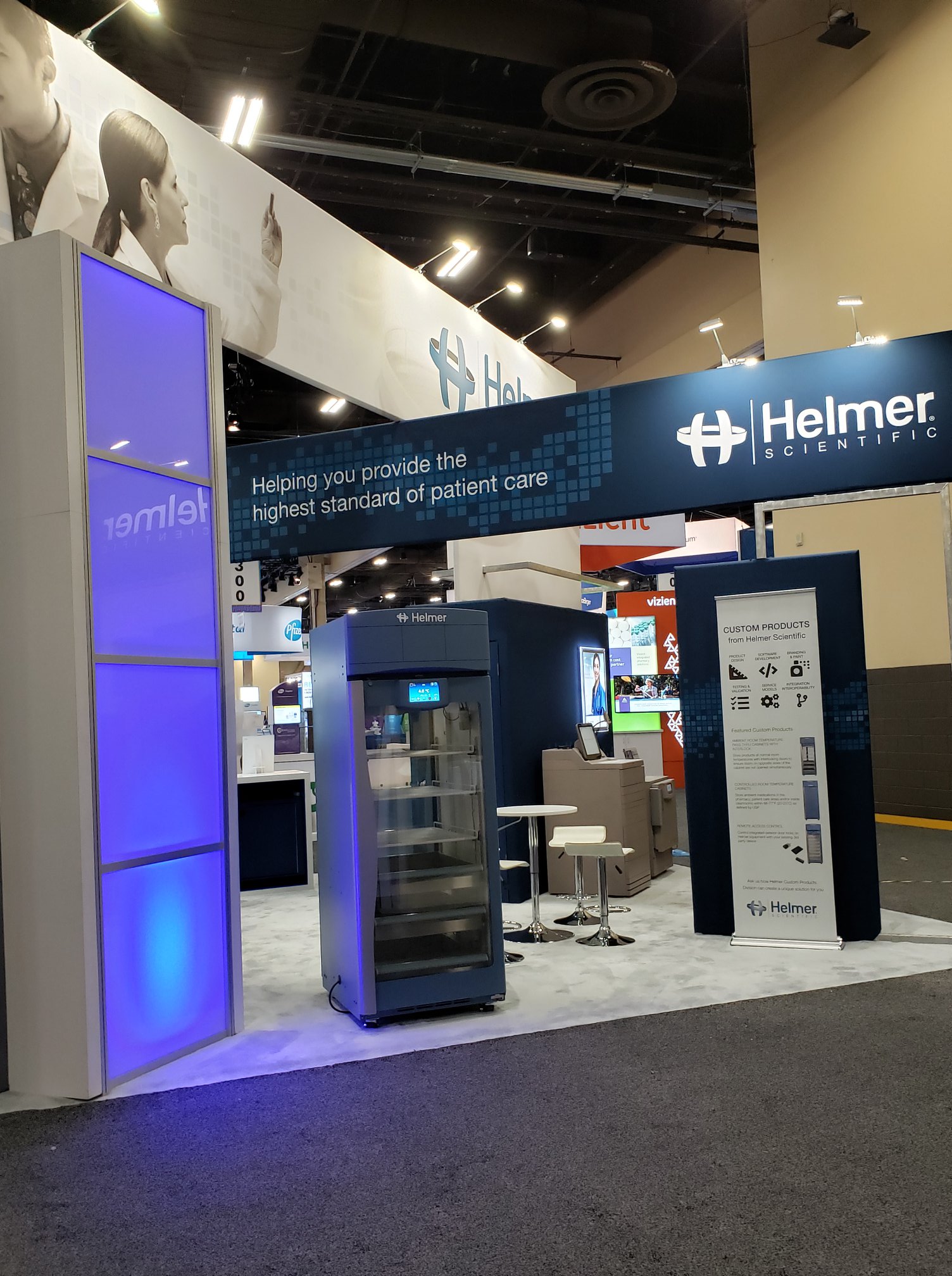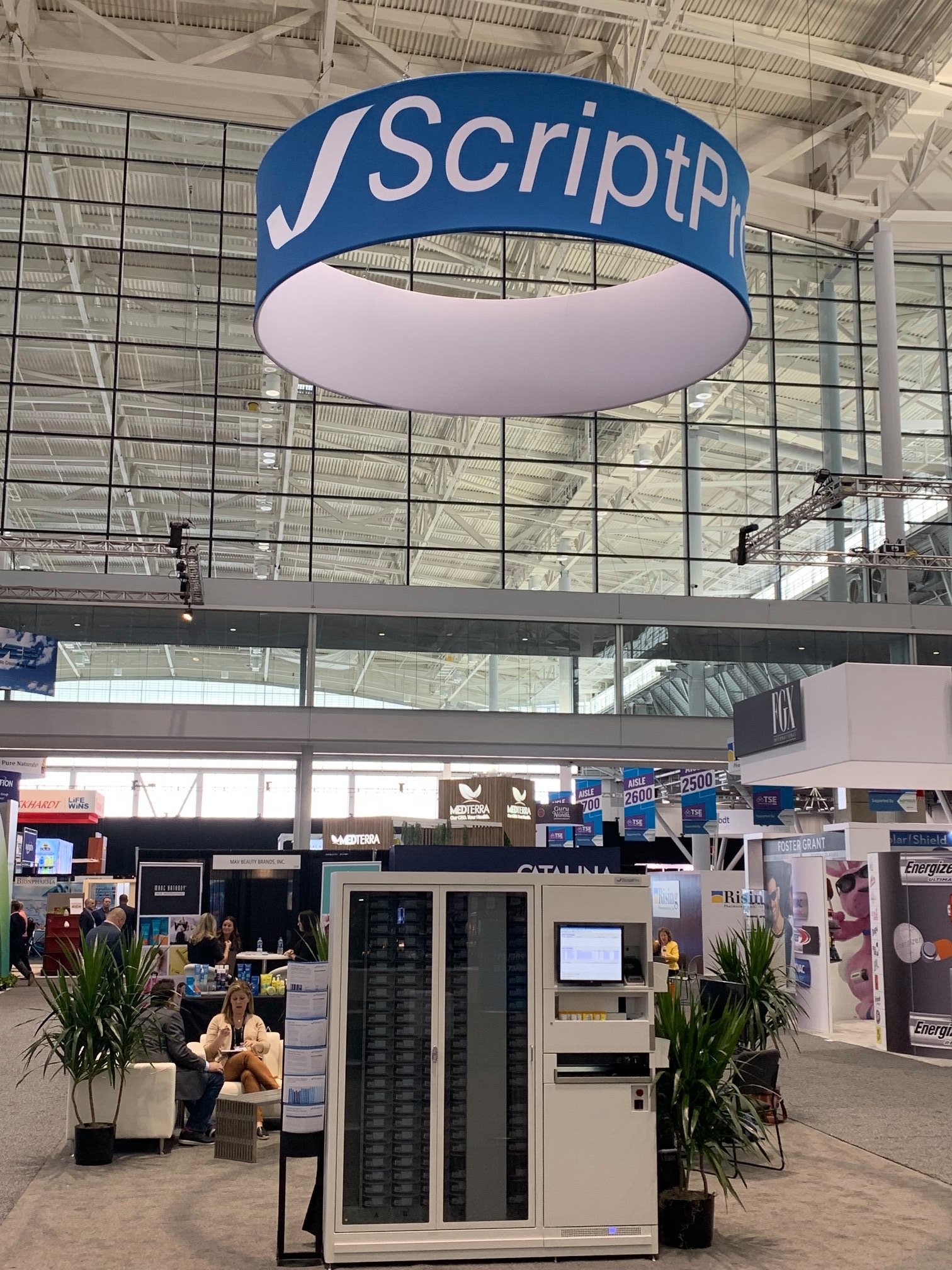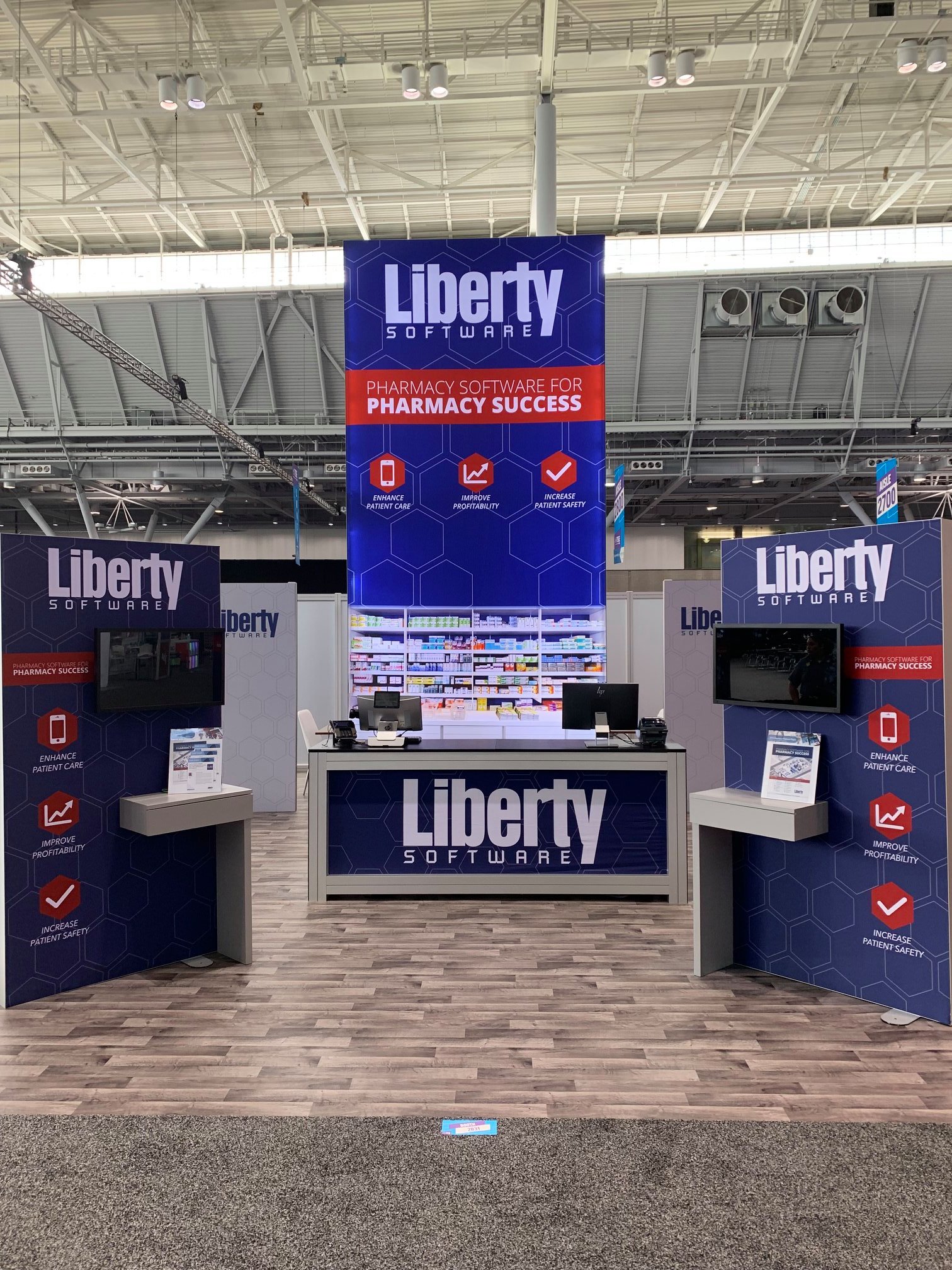CMS Releases Part D Proposal for LTC Short Cycle Dispensing 2010:
CMS released its proposal for short cycle dispensing of prescription drugs in long term care facilities.
- All pharmacies serving long term care facilities have to dispense brand name drugs in no greater than 7-day increments; exceptions are drugs that are difficult to dispense in 7 day increments, such as drops, sprays, etc, as well as that are dispensed for acute illness such as 14 day antibiotics.
- Part D plans must collect information on the dispensing method used for each dispensing event and on the nature and quantity of any unused drugs returned to the pharmacy. Part D plans must allow for pharmacy to receive credit for unused returned drugs where permitted.
- CMS revises it definition of Part D dispensing fee as follows: "Dispensing fees should take into consideration the number of dispensing events in a billing cycle, the incremental costs associated with the type of dispensing methodology, and with respect to Part D drugs dispensed in LTC facilities, the techniques to minimize the dispensing of unused drugs. Dispensing fees may also take into account restocking fees associated with return for credit and reuse in long-term care pharmacies, when return for credit and reuse is permitted under the state in law and is allowed under the contract between the Part D sponsor and the pharmacy." However, there are no requirements on Part D plans to pay additional dispensing fees to account for the increased frequency of long term care dispensing.
- The proposed rule allows some exceptions for "independent community pharmacies", who can dispense up to 14 day supply through December 2012 if the independent serves one or more facilities with fewer than 80 beds, and primarily serves LTC facilities in rural areas.


